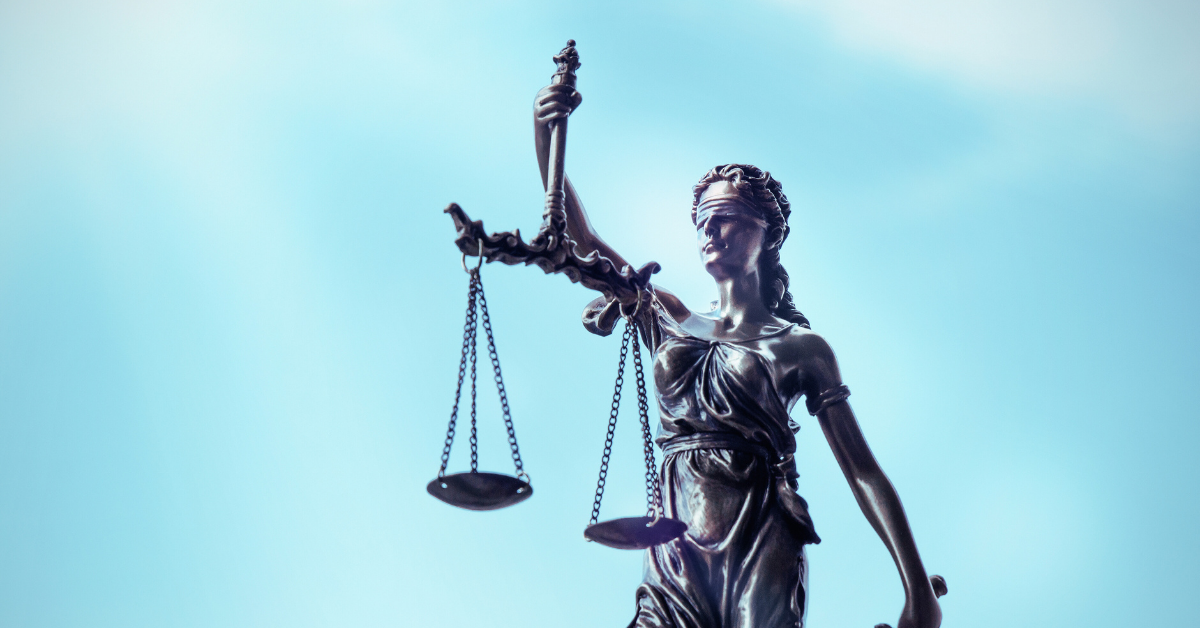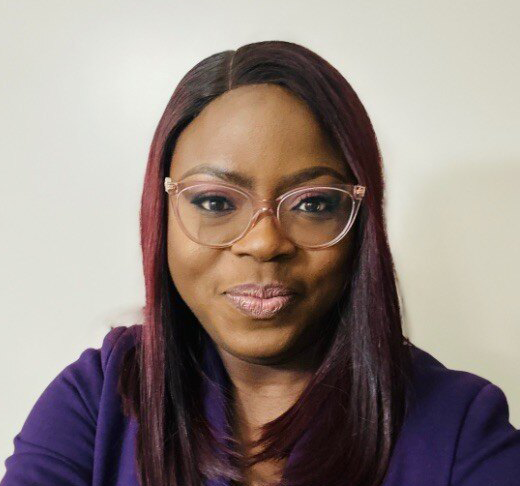
If you’ve read the news at all during the past month, you’ll know that something big has been brewing. To quote Shakespeare’s Macbeth, “something wicked this way comes.”
On April 3rd, the so-called ‘Panama Papers’ were unveiled by news outlets around the world.
Coverage of the story is likely to last for quite some time due to the size and substance of the leak, and the amount information that needs to be analyzed.
What’s the story with the Panama Papers?
In brief, the story so far goes something like this: In early 2015, Munich daily newspaper Süddeutsche Zeitung received a large cache of documents from an anonymous whistleblower using the ubiquitous pseudonym ‘John Doe.’
The documents themselves, totalling some 2.6 terabytes in size, were bundles of confidential documents detailing overseas financial holdings – many in so-called shell companies – for hundreds of thousands of individuals and corporations.
In layman terms, the documents demonstrated how the world’s rich and famous store their capital and kept it away from the hands of the taxman.
Panamanian law firm Mossack Fonseca, the original holder of the documents, was implicated in the leak.
The leak is so substantial that it dwarfs both Edward Snowden’s 2013 release of U.S. secret intelligence documents and the ‘WikiLeaks’ scandal of 2010 several times over.
In the days immediately following the leak, Iceland’s Prime Minister Sigmundur Davíð Gunnlaugsson, who was implicated in the Panama Papers, resigned amidst a flurry of protests. Gunnlaugsson was the first big name casualty of the leak, but no doubt there will be others.
Russian President Vladimir Putin and football star Lionel Messi have both been alluded to as well.
Why should Canadians care?
One question on the minds of many Canadians is “So what? What does this mean for me?”
Well, the answer to that takes a bit of crystal ball fortune telling, but also some hard facts.
If you’re not in the upper echelon of banking and business and you pay your taxes like a good, upstanding citizen, you really have nothing to worry about. But what about the 350 Canadians named in the papers, the list of which includes a former Newfoundland cabinet minister?
What about the Royal Bank of Canada, after it worked with Mossack Fonseca to set up 370 offshore accounts? Well in this case, the old adage of ‘perception is everything’ holds true.
There is nothing suspect or even illegal about holding capital in offshore bank accounts. In fact, it’s far more common than one might think.
The problem is that for every ten “good” accounts, there’s one or two “bad” ones storing capital that was acquired with ill-begotten means.
For politicians in countries with less than stellar records of democracy and financial transparency, the papers are a clear indicator of what has been said for years: that the political system in many countries is suspect, shady, and more often than not, untrustworthy.
Canada’s banking system is the ‘envy of the world’
For Canadians however, there’s really very little to worry about. “Canada has one of the best and most secure banking systems on the planet” says Peter Labrie, veteran financial securities broker and instructor in the Financial Services department at Ashton College.
I wouldn’t really recommend that people deposit money in offshore accounts. If they do, there needs to be a legitimate reason for doing so.
“That said, some offshore jurisdictions are pretty opaque.” Labrie stated.
The often murky nature of these offshore accounts means that perception in the public eye really does matter.
This is why for many Canadians, the very words ‘offshore bank accounts’ and ‘tax haven’ conjure up images of shady deals, struck in the dead of night, with anonymous brokers carrying briefcases full of money.
Facts are facts: it is estimated that offshore tax havens account for 50% of all world trade.
That means companies, many of which are well known to us, aren’t paying taxes on the commodities they import and export.
This in turn means that the capital accrued isn’t going back into its country of origin to help low income earners. Instead it just sits somewhere offshore, collecting interest and waiting to be drawn upon by the private sector.
That’s why being implicated or even named in the Panama Papers leak is bad news for PR. Royal Bank of Canada CEO David McKay told the CBC earlier this week that he was unhappy that Canada’s banking institutions were being “dragged into” the muddled controversy of the Panama Papers with no evidence of any wrongdoing.
“As a CEO, I have to be concerned about our brand and reputation, particularly in a situation where there’s absolutely no allegation of wrongdoing,” McKay said.
We just happen to have a couple hundred files, going back 40 years, that are attached to this legal firm, that’s all that’s been reported.
That being said, the fear surrounding Canadian banks being linked to the papers is unjustified.
Bank of Montreal CEO Bill Downe said last week that Canada has increased its anti-money laundering controls “dramatically” and that the result is an even safer banking system.
Canada’s banking system is the envy of the world, and while the Panama Papers scandal doesn’t do the banks justice in terms of public relations or the court of public opinion, Canadians should know that the system they utilize on a daily basis is doing exactly what it was set up to do: to provide safe, secure and above all, honest financial services.
Do you think Canadians should be worried about offshore tax havens?







disqus comments